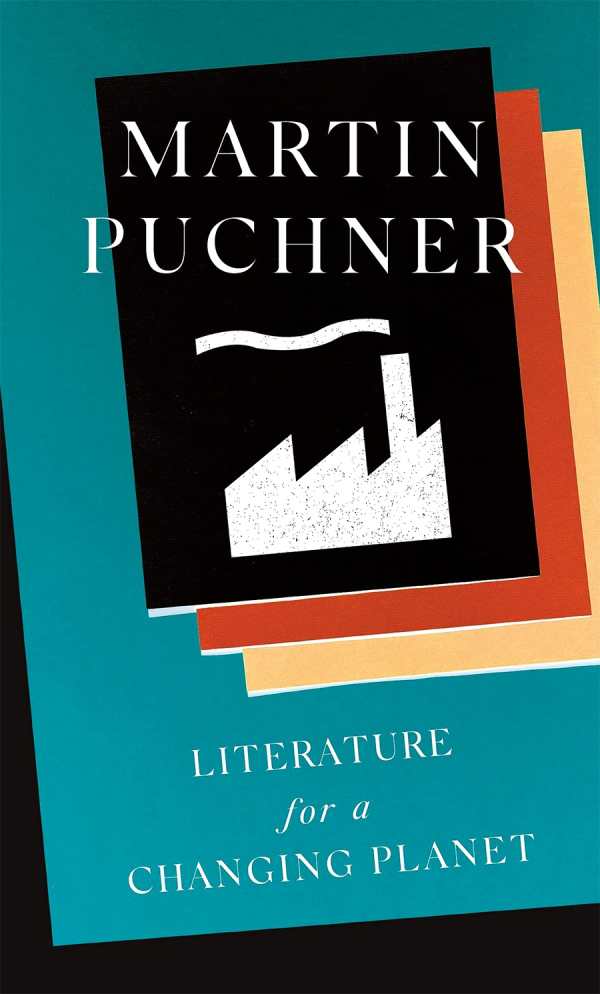Literature for a Changing Planet
Literature for a Changing Planet articulates a new framework for reading classic and contemporary literature to better understand humanity’s damaging planetary impacts.
This cogent, passionate text argues for a comprehensive reenvisioning of our relationship with the natural world to mitigate the accelerating climate crisis. The humanities, and literature in particular, are viewed as critical in understanding how to shake off ingrained behaviors and ways of thinking to reimagine a better, sustainable future.
In lively prose, Martin Puchner points out how the evolution of sweat glands, big brains, and vocal cords powered our species in “remaking the earth to suit its needs.” People from all cultures and eras have used stories to communicate the value of urban settlement and rules of social order. Plot summaries of many texts illustrate this wide-ranging analysis of literature’s role in promoting the human mastery of wild lands and beasts—and its complicity in championing “a way of life responsible for climate change.”
The Epic of Gilgamesh is referenced as a key text embodying such themes, alongside literary examples from across the globe—in different genres, from different time periods, and from oral traditions. Puchner’s fresh perspectives are intriguing and illuminating; they document how subtexts of colonialism, resource extraction, and consumerism are promoted in such disparate works as Popol Vuh, The Sunjata, Tale of Genji, and Aesop’s Fables.
This challenging, important work of literary criticism stretches our ideas of what it is to be human and where we fit in the natural world. Forging alternatives to 4,000 years of a dominant narrative of environmental exploitation will not be easy, but it is necessary, and Puchner calls for a dramatic shift in our philosophy and literature to represent how a balanced environment is integral for sustaining human life—and to begin the serious work of addressing environmental issues.
Reviewed by
Rachel Jagareski
Disclosure: This article is not an endorsement, but a review. The publisher of this book provided free copies of the book to have their book reviewed by a professional reviewer. No fee was paid by the publisher for this review. Foreword Reviews only recommends books that we love. Foreword Magazine, Inc. is disclosing this in accordance with the Federal Trade Commission’s 16 CFR, Part 255.

